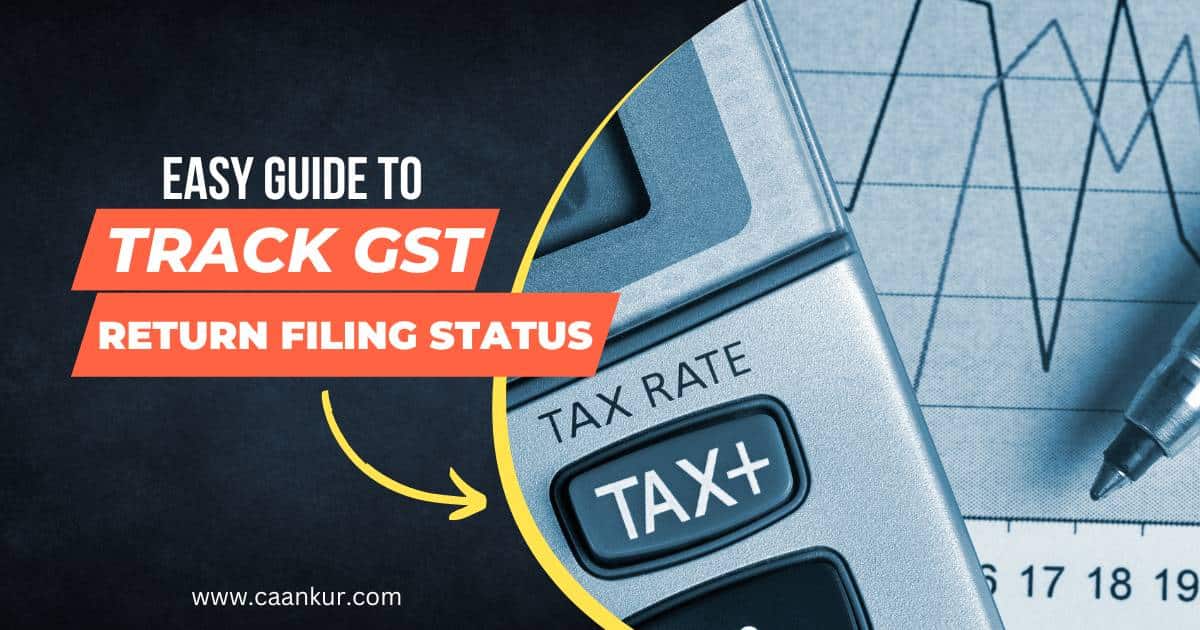If you are a business owner in Patna, then this article is for you. As a business owner, you or someone who wishes to own their business entity must learn about GST. In this write-up, we will talk about search and seizure under GST law. Because understanding the rules and regulations surrounding taxes is essential for all businesses and individuals. And the one which you must be aware of is the (GST) Law, precisely the search and seizure aspect. Here you will understand the legal framework, key provisions and procedures, inspection occurrence, and more.
Constitutionality and Legislation Of GST Law “The Legal Framework”
The GST Law is a comprehensive tax system that brings together various indirect taxes in India. It’s designed to replace several different taxes and charges with one unified system. Now, how does search and seizure fit into this?
Search and seizure under GST law are governed by Section 67 of the CGST Act, 2017. This section grants certain officers the power to inspect, search, and seize goods, documents, or books that may be involved in any wrongdoings concerning GST.
The purpose is simple: to ensure businesses and individuals comply with the tax laws. If there is a reason to believe that tax evasion has occurred, the officers have the legal right to investigate.
Key Provisions and Procedures Under The GST Legal Framework
Inspection, Search, and Seizure
What are the exact provisions under GST for search and seizure? Let’s break them down:
Inspection: If there’s suspicion about tax evasion, an inspection may occur. Authorities can look into goods in transit and related documents to ensure compliance.
Search: The officers can enter any premises to search for goods, documents, or books related to GST. This helps in finding evidence if any tax violations have taken place.
Seizure: If incriminating evidence is found, the goods, documents, or books may be seized for further investigation.
These provisions are vital to maintaining transparency and compliance with the tax laws.
Authority and Timing for Ordering a GST Search: Who, When, and How?
Who has the authority to order a search, and when? The Commissioner or any officer authorized by him may order a search if there is a reason to believe that goods are hidden to evade tax.
The search has to be well-timed and should follow proper procedures. It usually takes place during business hours and must be done respectfully, keeping in mind the dignity and privacy of the individuals involved.
Post-Seizure Proceedings: What Happens Next?
After a seizure, what’s next? The proceedings that follow are crucial:
Inventory and Documentation: A detailed inventory is made, and the owner of the goods has the right to be present during this process.
Release of Seized Goods: The seized goods may be released if proper evidence and tax payments are made.
Legal Proceedings: If there’s a case of tax evasion, legal proceedings may follow, possibly leading to penalties or even imprisonment.
Conditions for Arrest Under GST Law
Arrest is a serious matter, and under GST law, it’s applied only in severe cases of tax evasion. If the amount involved exceeds a specific limit, and there’s clear evidence of an intentional violation of the law, an arrest may be ordered.
The GST law aims to ensure that the rights and freedoms of individuals are respected while maintaining strict compliance with tax regulations.
Summing Up The Search And Seizure Of GST Law
Search and seizure under GST law are not merely legal but essential tools for ensuring compliance and fairness in the tax system. It affects businesses, tax authorities, and even ordinary citizens. By knowing what’s involved, you can stay on the right side of the law. It’s about being aware, responsible, and ultimately, part of a system that works for everyone.
Further, for tax authorities, search and seizure operations are vital to ensure compliance with GST and control the tax evasions done by businesses. This law helps empower authorized officers to search, seize, document, and record. It is beneficial for both the authorities and the business owners.





